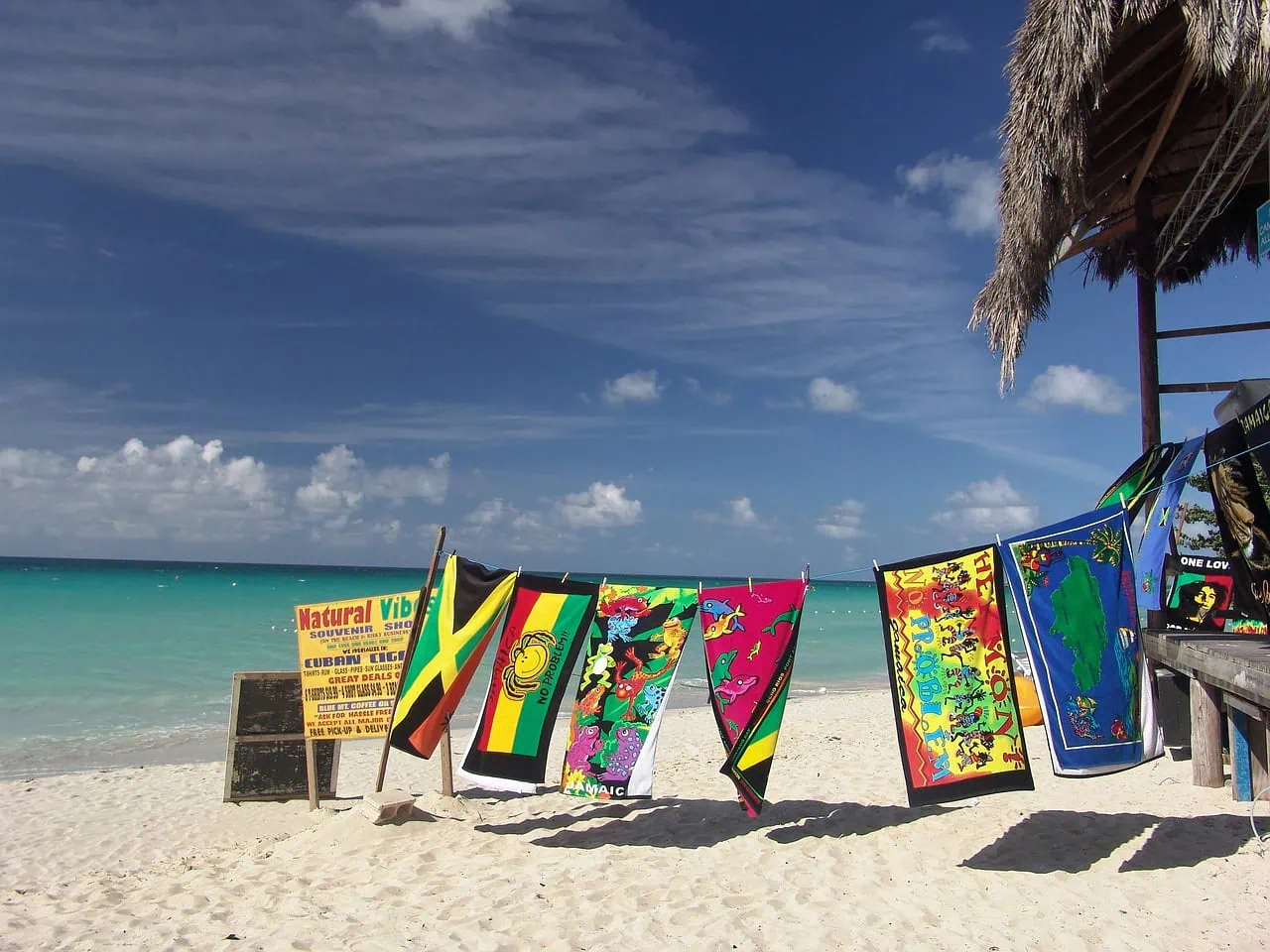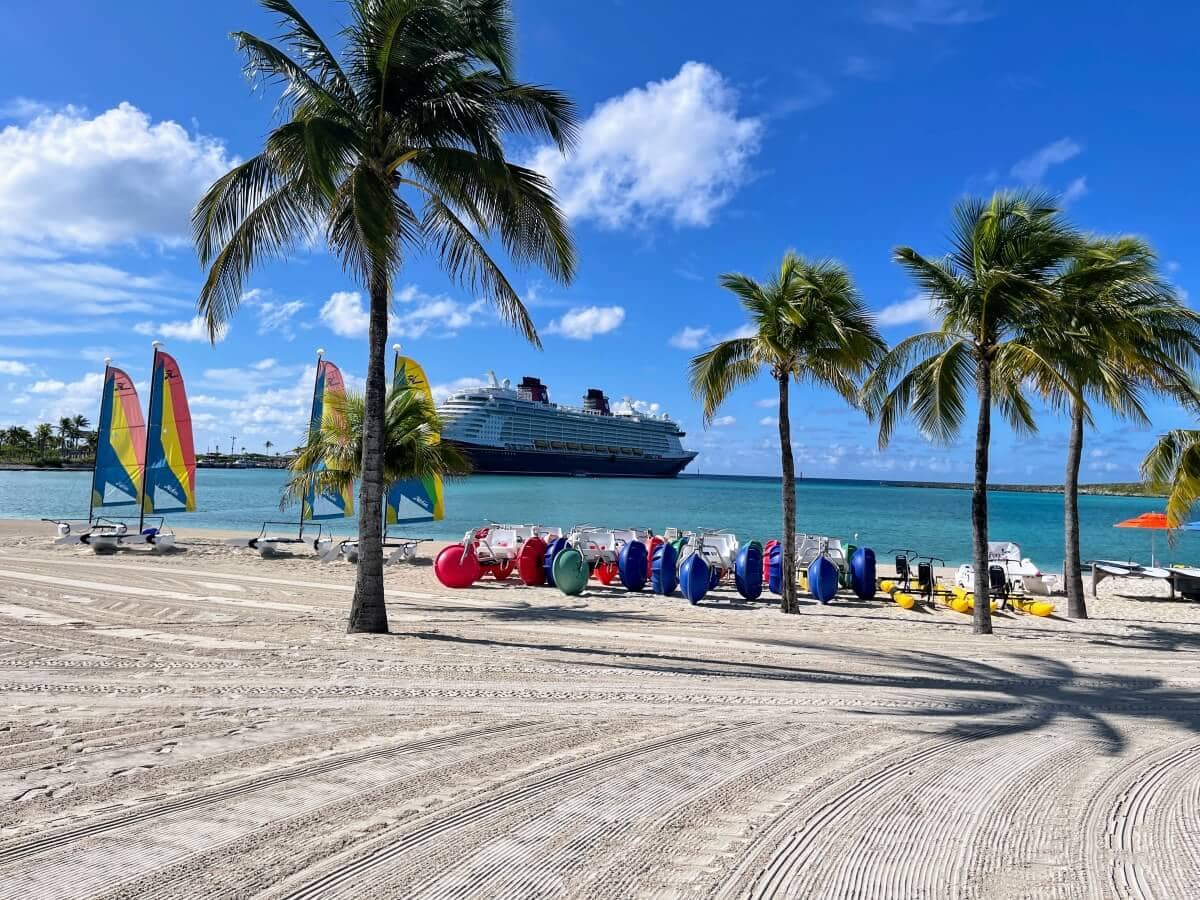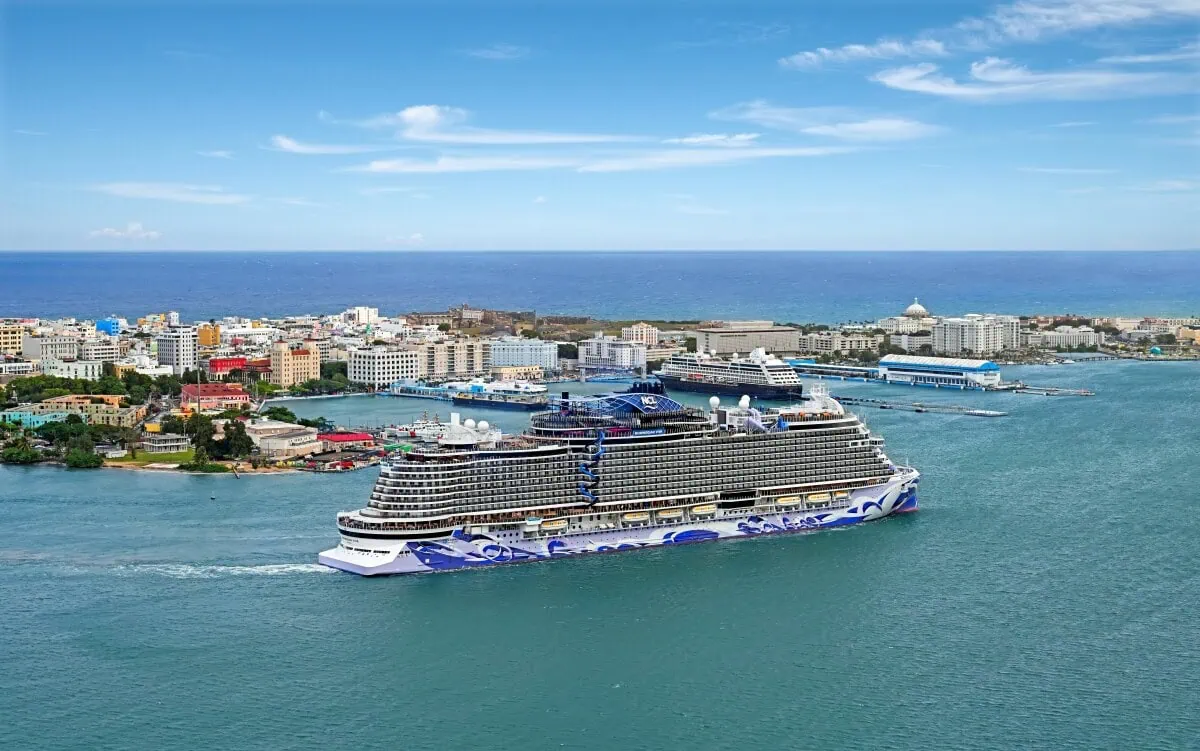Carnival Cruise Line is using artificial intelligence to make your dining experience better—and you won’t even know it’s happening behind the scenes.
How AI Improves Your Cruise Dining
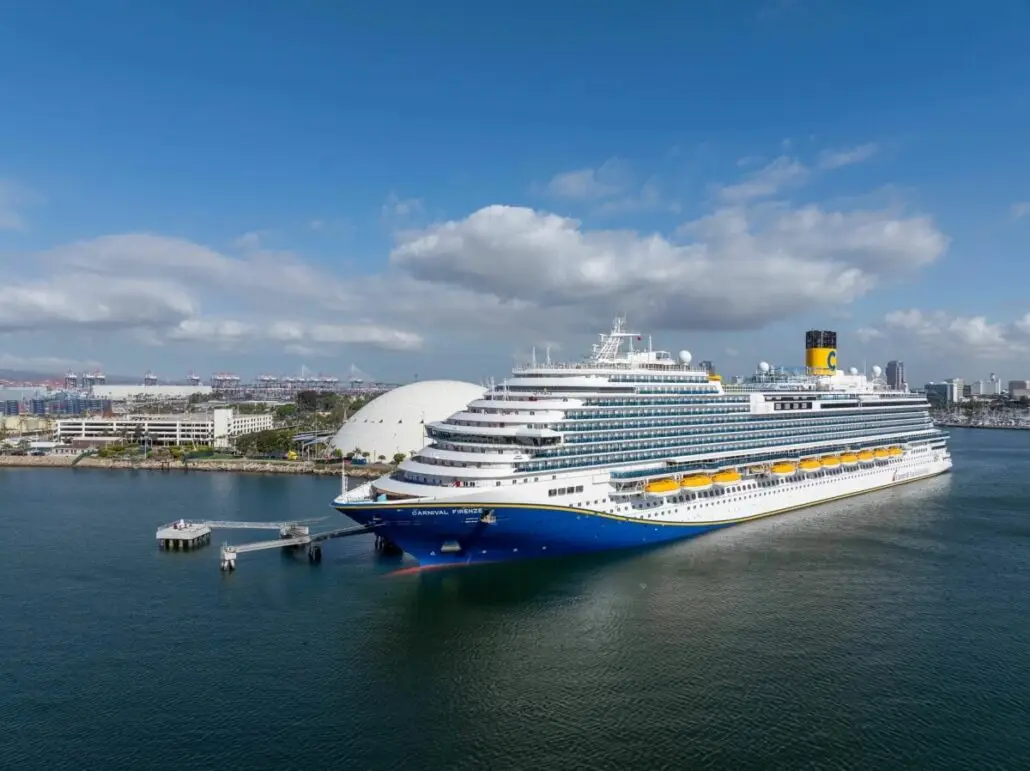
Carnival partnered with the tech company Orbisk to install smart cameras in the kitchens of Carnival Firenze, which track food preparation and service in real-time.
The result? Chefs can now accurately predict how much food guests will consume, resulting in fresher meals prepared closer to serving time and shorter wait times at popular venues.
In just six months, the system has helped culinary teams improve their preparation accuracy by 17%, meaning less time food sits under heat lamps and more meals are made to order when demand is highest.
What This Means for Passengers

For cruisers, the benefits are practical: buffet stations stay consistently stocked with fresh food throughout service hours, specialty dining reservations run on schedule, and popular dishes are less likely to run out during peak times.
“Our teams are constantly looking for ways to perform better and elevate the guest experience,” said Damir Mrsic, Assistant Vice President of Food Operations at Carnival Cruise Line. The technology supports “even smarter prep, better coordination, and less operational waste.”
Engineering Challenges at Sea
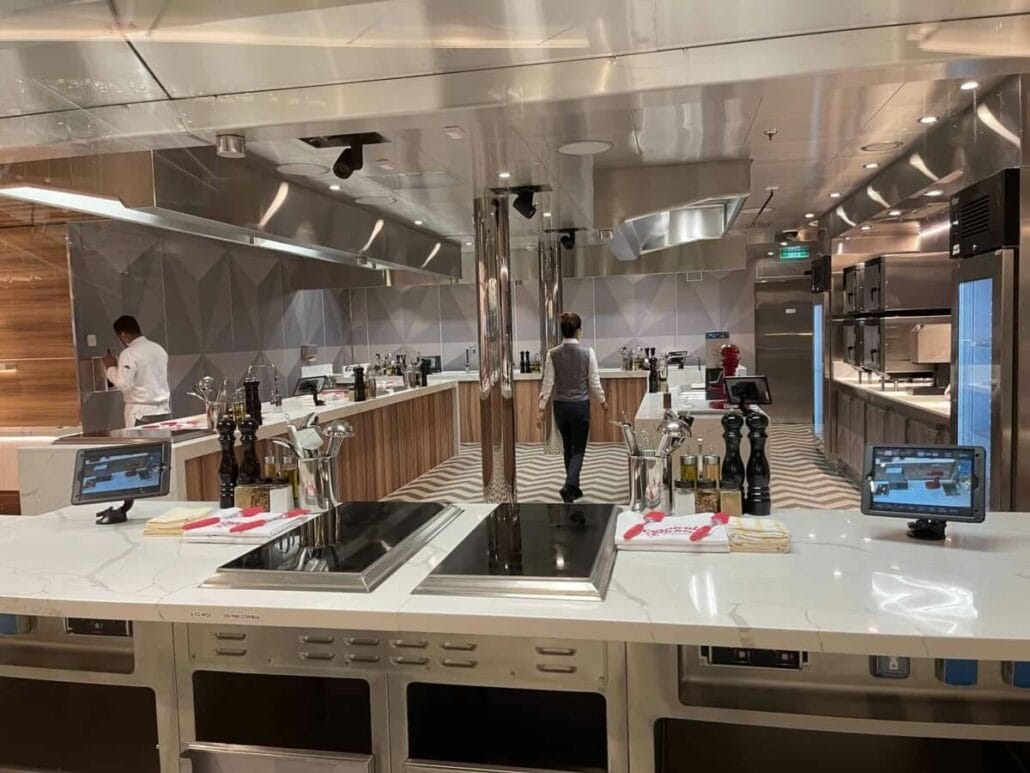
The system had to overcome unique challenges. Traditional kitchen scales don’t work on moving ships.
Orbisk developed motion-resistant AI that can accurately estimate food quantities without the need for a scale, making it the first system of its kind to work reliably at sea.
“Delivering stable data on a moving ship was a massive technical leap,” said Richard Beks, Co-Founder of Orbisk.
Environmental Goals

The technology also supports Carnival’s commitment to reduce food waste by 50% by 2030. By preparing closer to actual demand, the cruise line wastes less food while also improving the freshness and quality of food for guests.
The system is currently operational on Carnival Firenze, with potential expansion to other ships in the fleet if results continue to exceed expectations.



